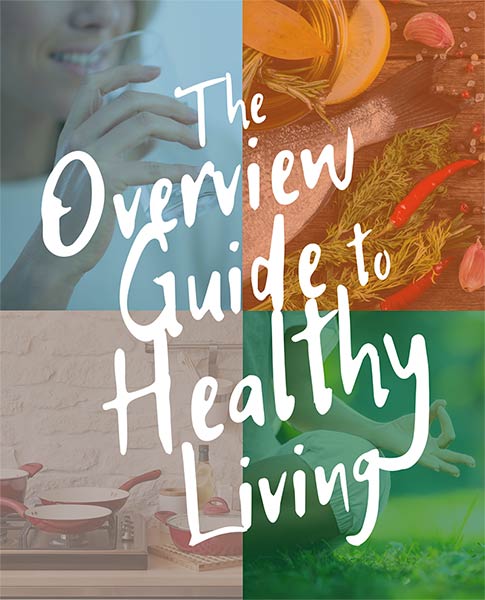Sleep plays an essential role in how your immune system functions. Studies show that people who don’t get quality sleep or enough sleep are more likely to get sick after being exposed to a virus. Additionally, lack of sleep can affect how long it takes for you to recover from illness.
The immune system releases proteins called cytokines during sleep. When we’re under stress or fighting an infection, we need more cytokines. Additionally, the formation of infection-fighting antibodies and cells is reduced when you don’t get enough sleep.Without enough sleep, your body can’t equip itself with enough immune system ammunition to fight off illness. In fact, chronic sleep loss can also increase your risk of obesity, diabetes, and heart disease.
The average adult requires seven to eight hours of sleep each night. Keep in mind, missed sleep can’t be restored. If you have trouble falling asleep or staying asleep, there are things you can do to ensure a better night’s rest.
First, make sure to create a calm sleep environment. This means a clutter-free dark, cool room. Next, create a nighttime routine to help signal your body; it’s time for sleep. Try doing relaxing activities such as stretching or taking a warm bath. Avoid looking at emails or social media, which can cause stress.If you have trouble turning off your thoughts, try journaling at night or jotting down the things you want to remember for tomorrow. Deep breathing and meditation can also help. Finally, you can try diffusing relaxing essential oils, such as lavender to help calm your body for sleep.
Sweet dreams!

